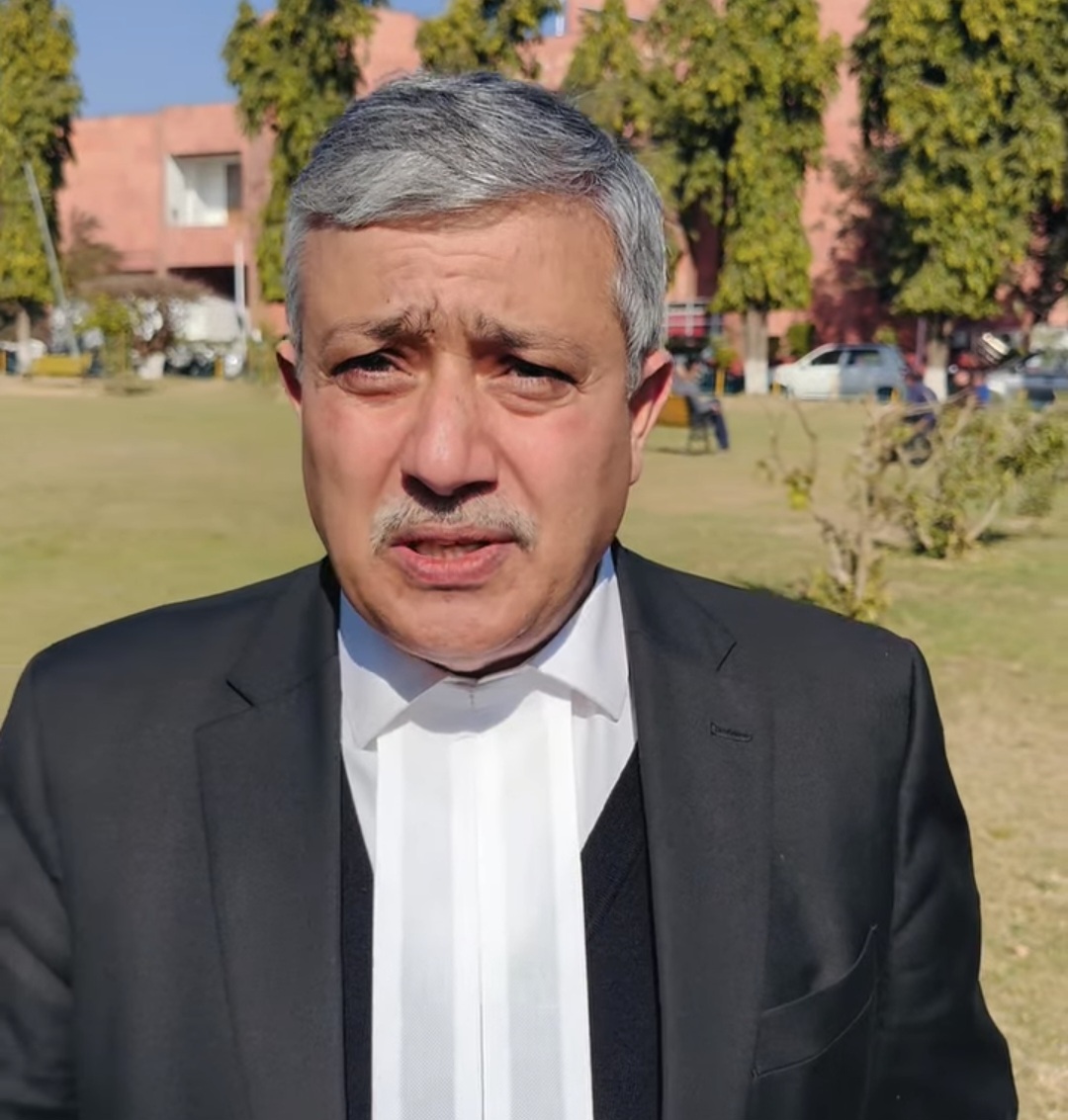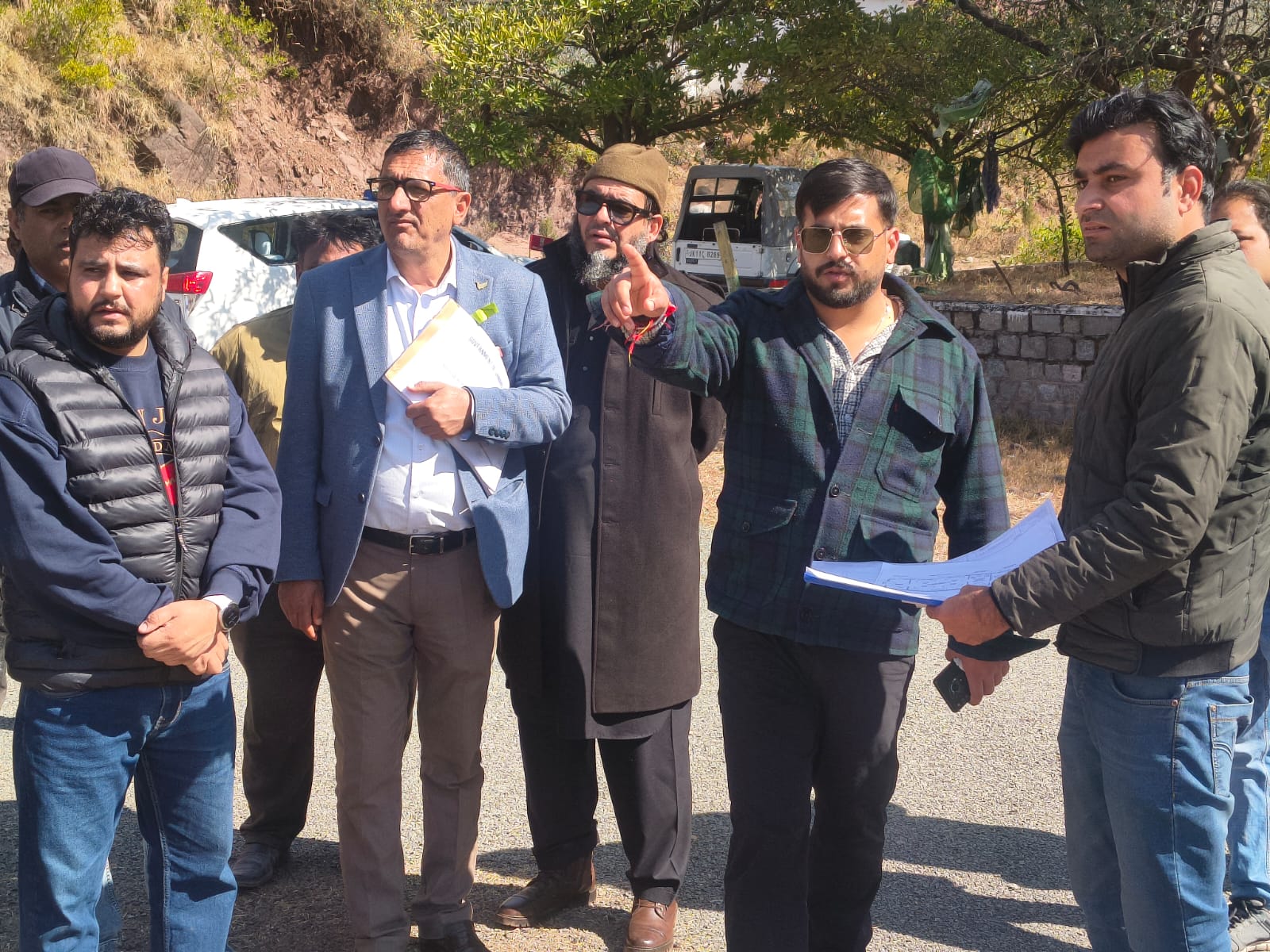Jammu: In a major shift from its rigid stand on Kashmir, Pakistan has now proposed the Northern Ireland power-sharing arrangement as a solution to the Kashmir issue, pleading that the Good Friday Agreement (GFA) could bring light at the end of the tunnel.
Pakistan’s human rights minister Shireen Mazari who, of late, has been very critical of her country’s foreign policy on Kashmir, on Monday proposed the Northern Ireland model as a possible solution to what she called the “Kashmir dispute”.
She was speaking at a webinar organised by Islamabad Policy Institute, a prominent think tank of Pakistan.
She proposed “pursuing the model of the GFA in 1998, which brought together all parties to the conflict in Northern Ireland and ended decades of violence as a possible approach to resolving the Kashmir dispute,” Pakistani media quoted her as saying at the webinar. This is perhaps for the first time that the Pakistan has directly spoken of the GFA-like pact as a solution to the Kashmir issue.
Pakistan’s foreign minister Shah Mehmood Qureshi also spoke at the webinar, but his focus was more on political and military dimensions.
The Pakistan establishment had so far been insisting on the right to self-determination for Kashmiris as per the United National Resolutions of 1948 and 1949 despite having committed on several occasions to resolve the issue (Simla Agreement of 1972) bilaterally.
This time the Pakistan government has explicitly spoken of the resolution of the Kashmir issue as per the GFA that promised an end to the hostilities between Catholics and Protestants and also drew curtains on the 25-year-long period of “troubles”.
It is a trial balloon by Pakistan that has failed to draw international attention and intervention on the Kashmir issue and its tireless pleas for the implementation of the UN resolutions on J&K. Pakistan was served evidence on this count after three bids by China to get a UNSC statement failed after the August 5 decision of Delhi to scrap the special status of the J&K.
The GFA is a tempting solution for conflicts between the opposing groups on territorial claims and the clashing political aspirations for the western powers. (The Tribune)













 Users Today : 144
Users Today : 144 Users Yesterday : 334
Users Yesterday : 334